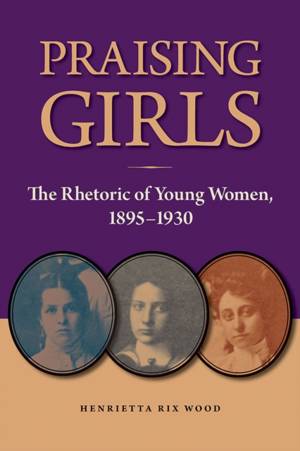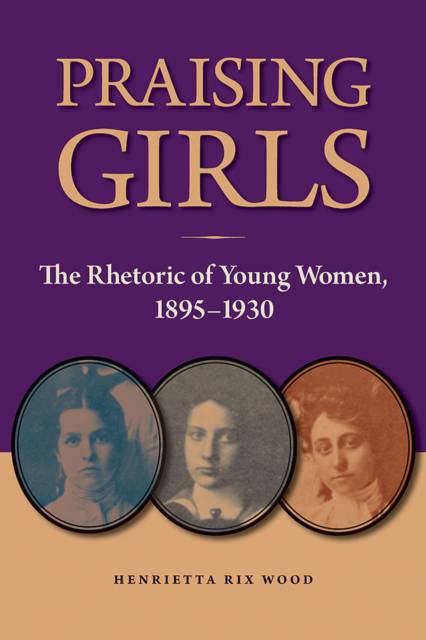
- Afhalen na 1 uur in een winkel met voorraad
- Gratis thuislevering in België vanaf € 30
- Ruim aanbod met 7 miljoen producten
- Afhalen na 1 uur in een winkel met voorraad
- Gratis thuislevering in België vanaf € 30
- Ruim aanbod met 7 miljoen producten
Zoeken
Omschrijving
In Praising Girls, Henrietta Rix Wood explores how ordinary schoolgirls engaged in extraordinary rhetorical activities during the late nineteenth and early twentieth centuries in the United States. Focusing on high school girls' public writing, Wood analyzes newspaper editorials and articles, creative writing projects, yearbook entries, and literary magazines, revealing how young women employed epideictic rhetoric--traditionally used to praise and blame in ceremonial situations--to define their individual and collective identities. Many girls, Wood argues, intervened rhetorically in national and international discourses on class, race, education, immigration, racism, and imperialism, confronting the gender politics that denigrated young women and often deprived them of positions of authority. The site of the study--Kansas City, Missouri--reflects the diverse rhetorical experiences of girls in cities across the United States at the beginning of the last century. Four case studies examine the writing of privileged white girls at a college preparatory school, Native American girls at an off-reservation boarding school, African American girls at a segregated high school, and working- and middle-class girls at a large whites-only public high school. Wood's analysis reveals a contemporary concept of epideictic rhetoric that accounts for issues of gender, race, class, and age.
Specificaties
Betrokkenen
- Auteur(s):
- Uitgeverij:
Inhoud
- Aantal bladzijden:
- 224
- Taal:
- Engels
- Reeks:
Eigenschappen
- Productcode (EAN):
- 9780809334421
- Verschijningsdatum:
- 22/01/2016
- Uitvoering:
- Paperback
- Formaat:
- Trade paperback (VS)
- Afmetingen:
- 152 mm x 226 mm
- Gewicht:
- 317 g

Alleen bij Standaard Boekhandel
+ 149 punten op je klantenkaart van Standaard Boekhandel
Beoordelingen
We publiceren alleen reviews die voldoen aan de voorwaarden voor reviews. Bekijk onze voorwaarden voor reviews.











